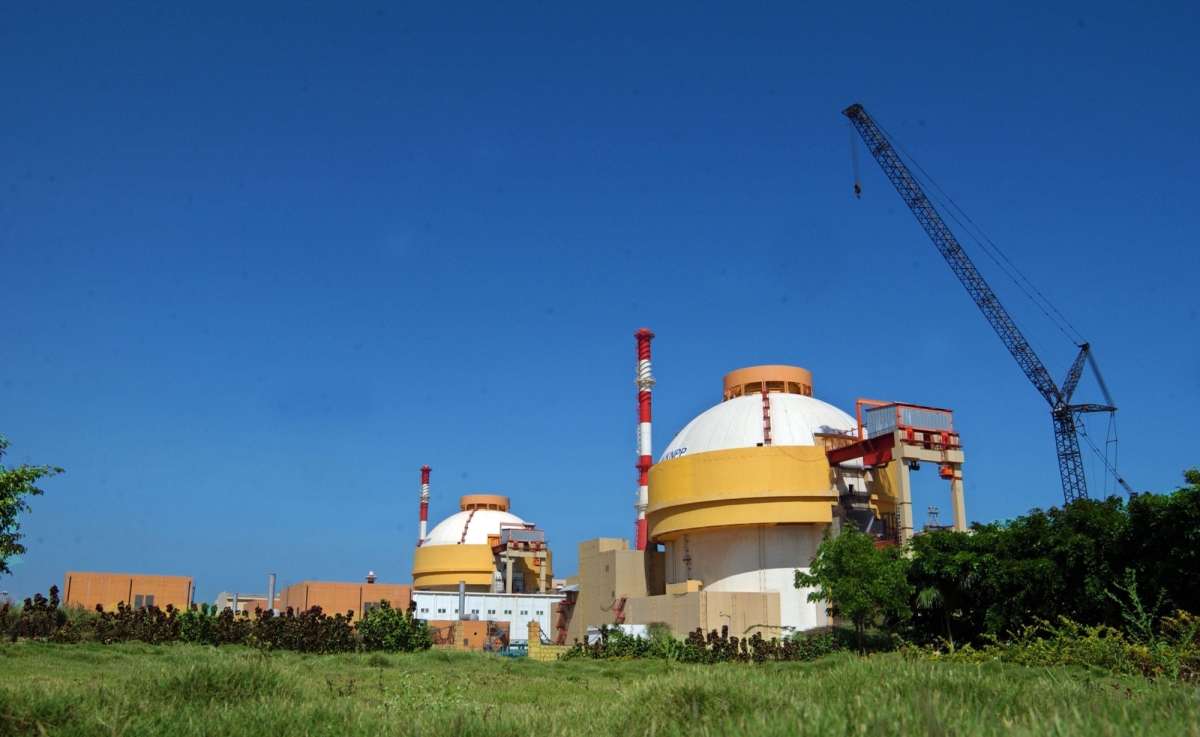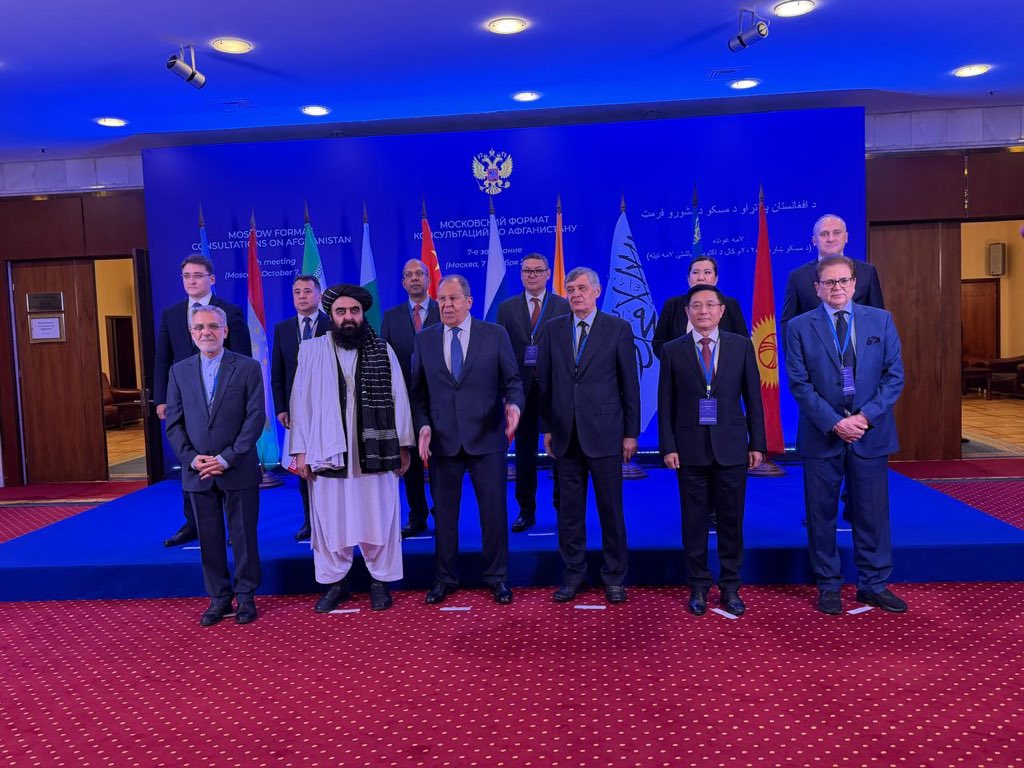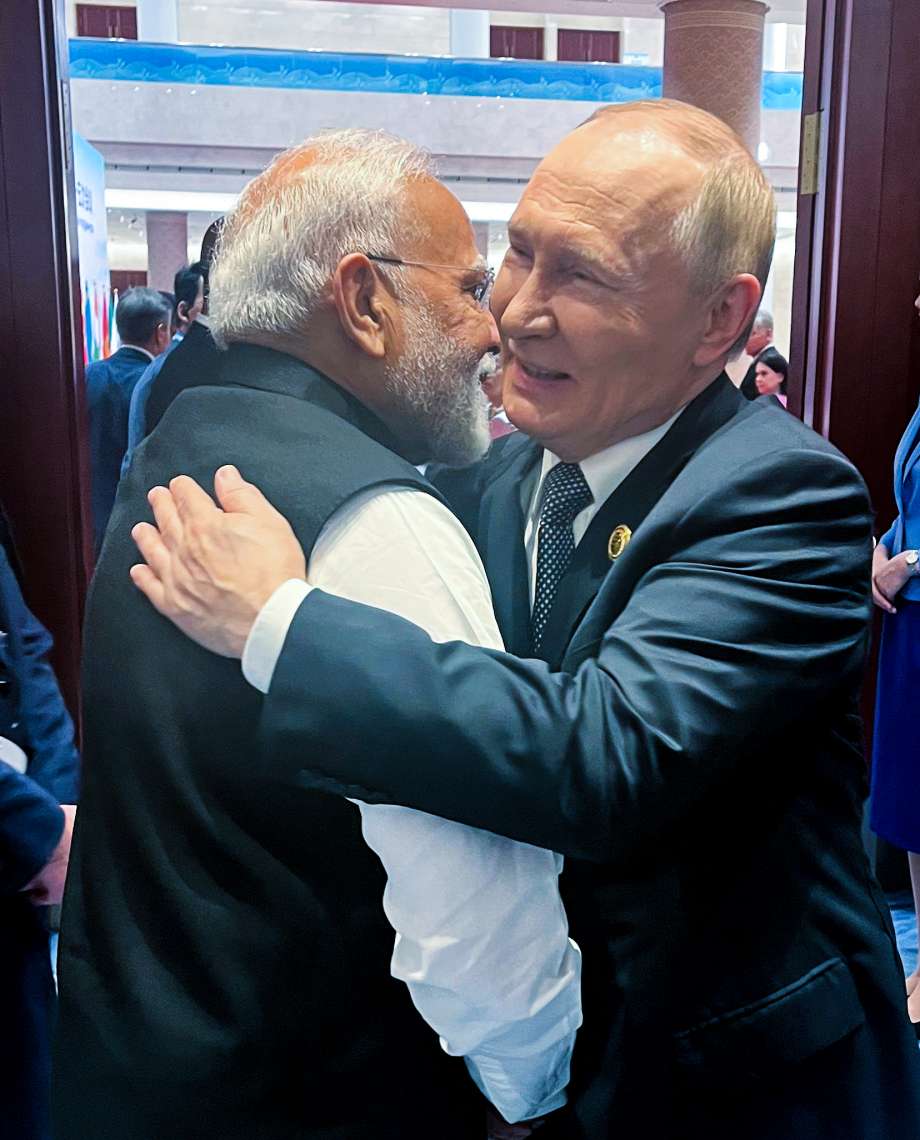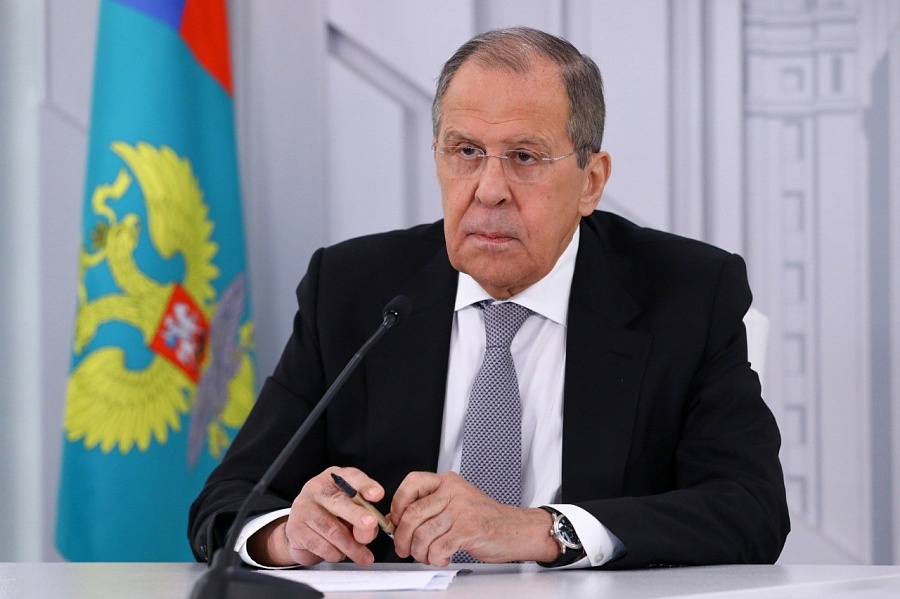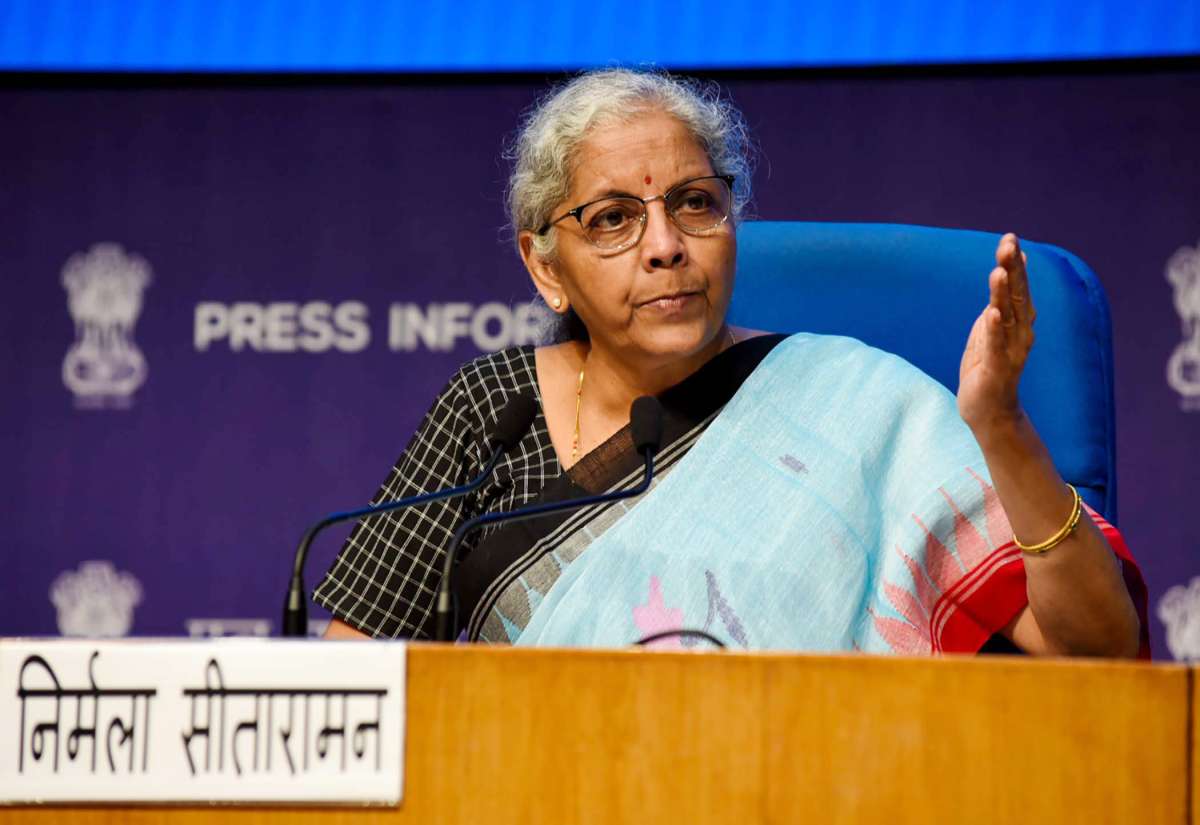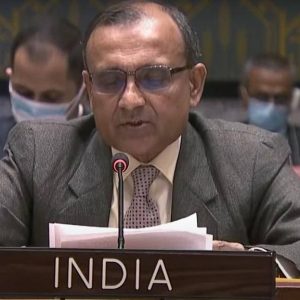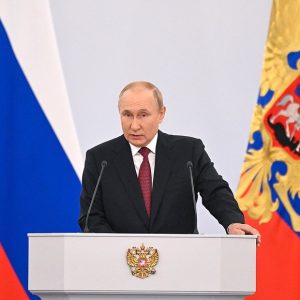At the same time, testing of automated leakage detection subsystems for Units 3 and 4 was completed, the Russian company said…reports Asian Lite News
Critical systems of the upcoming third and fourth 1,000 MW nuclear power plants at Kudankulam were tested by Russia’s integrated atomic power player Rosatom State Corporation in Russia with representatives of Nuclear Power Corporation of India Ltd (NPCIL).
According to Rosatom, the In-Core Instrumentation System (ICIS) and System for Integrated Analysis (SIA) for the Unit 3 at Kudankulam were tested by Rusatom Automated Control Systems JSC (RASU JSC, a company of Rosatom) together with representatives of NPCIL.
At the same time, testing of automated leakage detection subsystems for Units 3 and 4 was completed, the Russian company said.
Acceptance tests and comprehensive integration tests were carried out at the site of the manufacturer, Specialized Scientific Research Institute for Instrumentation Engineering (SNIIP JSC, a company under the management of RASU JSC).
The ICIS is an important part of the Instrumentation and Control System, and the main element ensuring the monitoring of nuclear fuel and reactor safety parameters. The system monitors power density fields, temperature fields, and keeps track of process parameters in different operating modes of the reactor, including abnormal situations.
According to Rosatom, ICIS and SIA were the first subsystems to receive a confirmation of readiness. Equipment within these systems ensures acquisition, analysis and transmission of information on the reactor state to the Main Control Room (MCR).
After that, leakage monitoring systems were tested together with NPCIL representatives.
Following the tests, the equipment will be shipped to India before the end of 2023.
“All these subsystems are part of MCDS — reactor monitoring, control and diagnostic system. They ensure monitoring and control of the reactor plant in different operating modes, and have a project-specific design that takes into account technical features of the future power unit and the customer’s requirements,” said Dmitry Kukushkin, Head of Kudankulam NPP I&C Project Office, RASU JSC.
Similar equipment developed together with NRC Kurchatov Institute was installed at Units 1 and 2 almost 20 years ago, and it has been operating without any issues, Rosatom said.
ALSO READ-US Imposes Trade Curbs on 42 Chinese Firms For Russia Ties


